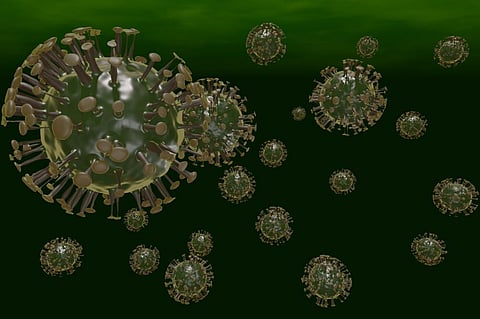

The COVID-19 pandemic may prevent the world from achieving net zero emissions by 2050, according to a report released by the International Science Council May 17, 2022.
Unprecedented and Unfinished – COVID-19 and Implications for National and Global Policy called for an increased adoption of the One Health approach to minimise environmental impacts and future pandemic risks.
The report also urged increased investment and knowledge sharing from high-income states, according to a press statement.
It considered three potential scenarios through the year 2027, primarily determined by the evolution of the virus and the global uptake and coverage of effective vaccines.
In the most likely scenario, COVID-19 will have worsened inequalities in health, economics, development, science and technology, and society. COVID-19 will have become an endemic disease worldwide and low-income states risk health system collapse and growing food insecurity. Mental health concerns will grow even further.
In a more pessimistic scenario, the world faces high levels of harm to social wellbeing — with long-term school closures, unemployment and increased gender-based violence. Growing nationalism and polarisation will inhibit cooperation on global vaccinations and trade and give rise to conflict.
Despite climate change’s intensification, many countries will reverse environmental reforms in attempts to overcome COVID-19’s economic impact under this scenario.
The report highlighted a need to address the challenges of disinformation and to strengthen diverse scientific advice systems to increase trust in science, thereby protecting societies from acute health risks and the breakdown of social cohesion.
The document noted that much more needed to be done — particularly by policymakers — to avoid the worst-case scenarios in the future, especially for low- and middle-income countries.
National and global policy considerations should address widening global inequalities not only in vaccine distribution but also related to inclusive governance, economic recovery and the digital and educational divide, it said.
The report concluded that the future course of the pandemic and its consequences that extend well beyond the health sector, will depend on policy decisions taken today, which have the potential to either shorten or prolong the crisis and mitigate or aggravate its impacts.